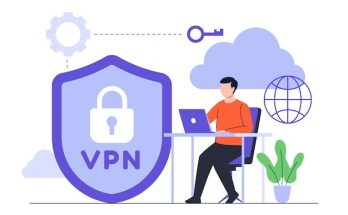G7 leaders have asked Russia to put effort of disrupting ransomware operations within their borders after a stream of attacks targeting organizations from different sectors worldwide.
The leaders of the group also called other counties to urgently identify and disrupt the ransomware network operations from their borders.
The G7 leaders (from the UK, USA, Canada, Japan, Germany, France, and Italy, plus the EU) said at the G7 Cornwall Summit.”We call on all states to urgently identify and disrupt ransomware criminal networks operating from within their borders, and hold those networks accountable for their actions.”
“In particular, we call on Russia [..] to identify, disrupt, and hold to account those within its borders who conduct ransomware attacks, abuse virtual currency to launder ransoms, and other cybercrime.”
This call to action is a result of Anne Neuberger, the White House National Security Council’s chief cybersecurity adviser, urging business leaders and corporate executives to take ransomware attacks seriously, in the early June.
White house’s letters followed several attacks such as an attack that forced Colonial Pipeline to shut down the largest pipeline in the US and pay a $5 million ransom and the world’s largest meat processor JBS was also forced to shut down production – the attackers that were supposedly coordinating by Russian based ransomware gangs.
Over the weekend, the While House published a statement where they said, “In just the last few weeks there have been several significant cyber intrusions affecting many G7 and other nations’ critical infrastructure, manufacturing and electronics firms, and hospitals”
Also, White House showed commitment to battle ransomware operations with G7 in it. The statement reads as: “The United States and our G7 partners are committed to working together to urgently address the escalating shared threat from criminal ransomware networks.”
Lindy Cameron, the head of the UK’s National Cyber Security Center, addressed this recent ransomware attack wave at the RUSI Annual Security Lecture.
He said, “For the vast majority of UK citizens and businesses, and indeed for the vast majority of critical national infrastructure providers and government service providers, the primary threat is not state actors but cyber criminals, and in particular the threat of ransomware.
“Reporting really matters – even if you are a victim and it’s too late to limit the damage to your business, it helps us help others. All this not only helps make businesses resilient to ransomware, but to the full range of cyber threats they face, and deters adversaries by increasing the cost of an attack.”


